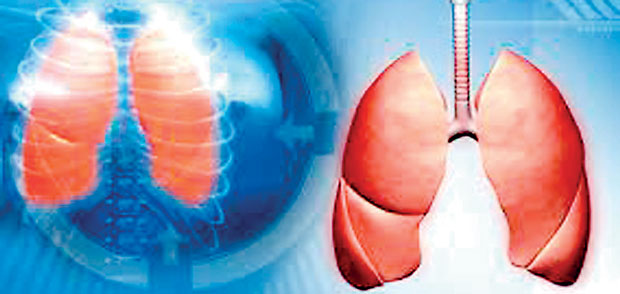Reply To:
Name - Reply Comment
Last Updated : 2024-04-26 12:28:00

 Tuberculosis has plagued mankind since the time of the ancient Egyptian civilization. This seemingly innocuous micro-organism, mycobacterium tuberculosis, one of mankind’s most vicious enemies, has survived for millennia; flourishing at times of war, famine and natural disasters; going underground when living conditions and nutrition improve. No country or person is immune from the disease-widespread illegal and legal migration, wars, famines, refugees, the AIDS epidemic and unprecedented air travel have made sure of that. The disease has killed George Orwell, Franz Kafka, Anton Chekov, Simon Bolivar, John Keats and Frederic Chopin. London has become the tuberculosis capital of Western Europe, and cases of Multi- Drug Resistant Tuberculosis (MDRTB) in the United Kingdom have doubled during the previous decade.
Tuberculosis has plagued mankind since the time of the ancient Egyptian civilization. This seemingly innocuous micro-organism, mycobacterium tuberculosis, one of mankind’s most vicious enemies, has survived for millennia; flourishing at times of war, famine and natural disasters; going underground when living conditions and nutrition improve. No country or person is immune from the disease-widespread illegal and legal migration, wars, famines, refugees, the AIDS epidemic and unprecedented air travel have made sure of that. The disease has killed George Orwell, Franz Kafka, Anton Chekov, Simon Bolivar, John Keats and Frederic Chopin. London has become the tuberculosis capital of Western Europe, and cases of Multi- Drug Resistant Tuberculosis (MDRTB) in the United Kingdom have doubled during the previous decade.
Add comment
Comments will be edited (grammar, spelling and slang) and authorized at the discretion of Daily Mirror online. The website also has the right not to publish selected comments.
Reply To:
Name - Reply Comment
US authorities are currently reviewing the manifest of every cargo aboard MV
On March 26, a couple arriving from Thailand was arrested with 88 live animal
According to villagers from Naula-Moragolla out of 105 families 80 can afford
Is the situation in Sri Lanka so grim that locals harbour hope that they coul